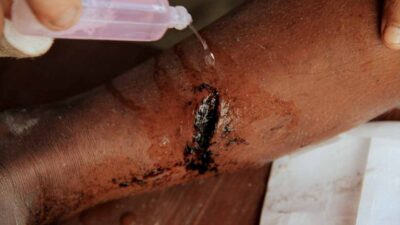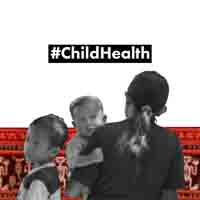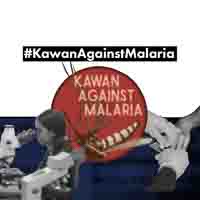
Dog bites can be managed effectively with proper wound care and medical advice to prevent infections and rabies.
Handling Dog Bites – Prevention, first aid, and living safely with dogs
A dog bite is never trivial. In a city, it is already a medical concern. In a remote village, it can quietly turn into infection, disability, or rabies if the right actions are not taken immediately. What happens in the first minutes often matters more than what follows. Panic increases risk. Calm actions reduce it.
Dogs rarely bite without reason. Most bites occur when an animal feels frightened, threatened, startled, or trapped. Sudden movements, loud voices, running away, or disturbing a dog while it is eating, sleeping, or caring for puppies can trigger a defensive reaction. Children are particularly exposed, not because dogs are aggressive, but because they do not yet recognise warning signs. Teaching families and children to approach dogs calmly, respect their space, and avoid risky situations is one of the most effective ways to prevent bites. When facing an unfamiliar dog, do not run, do not shout, and do not stare. Stay still, remain calm, avoid sudden movements, and allow the dog to move away.
If a bite occurs, act immediately. Clean the wound as soon as possible with soap and clean water. Wash thoroughly and gently to remove saliva, dirt, and bacteria. This step alone significantly reduces the risk of infection and rabies transmission. Even small scratches can become infected if they are not properly cleaned. After washing, apply gentle pressure with a clean cloth to stop any bleeding. Most bleeding can be controlled this way. If bleeding is heavy or does not stop, medical help is urgently required. Do not apply traditional substances, chemicals, or tightly close the wound. Cleaning is the priority.

Fair Future’s work addresses health and wealth disparities in ultra-rural regions through community-based programs.
Dog bites are not just skin injuries. They can transmit serious diseases, including rabies, which is almost always fatal once symptoms appear. Only a medical assessment can determine whether rabies post-exposure vaccination is required. Medical care is also necessary to assess the risk of bacterial infection and to check tetanus protection. Even if the wound appears small or painless, the risk may still be significant. In remote or ultra-rural areas, early wound cleaning and bleeding control can make a decisive difference, but they do not replace medical care. Reaching the nearest health facility or Puskesmas as soon as possible remains essential.
Preventing dog bites is not about fear. It is about understanding. Dogs communicate through behaviour. Growling, a stiff posture, backing away, or guarding food or puppies are warning signs. Respecting these signals prevents escalation. Allowing a dog to sniff interaction before, avoiding teasing, and never forcing contact reduces the risk for both humans and animals. Vaccinating dogs against rabies remains one of the most effective public health measures to protect communities.
Where people understand what to do, injuries remain injuries. Where knowledge is missing, small wounds become serious problems. Through the Primary Medical Care programme, Fair Future supports education on safe interaction with animals, correct wound care, and early referral. Calm behaviour, immediate care, and mutual respect allow communities and animals to live safely together.
@Alex Wettstein – Fair Future Foundation, the 20th of January 2026
In Short – The 15 minutes that change everything
In dog bites, the most powerful tool is not a drug or a vaccine. It is time, water, and soap. Washing a wound thoroughly in the first minutes can drastically reduce viral and bacterial load before any injection exists. In remote areas, this simple act often decides the outcome long before a clinic is reached.












